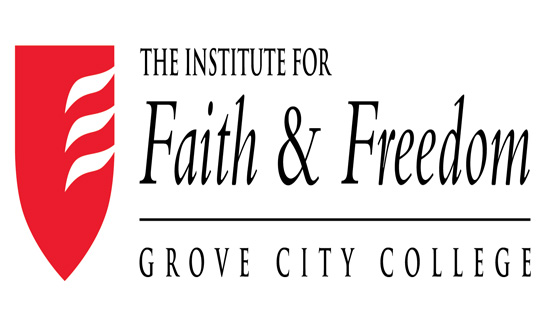An Economic Growth Object Lesson

The latest Keystone Business Climate Survey suggests Pennsylvania companies are optimistic about that climate. And while it is encouraging, the mood appears to have little to do with state and local policies.
Worse, a proposal by the administration of Gov. Tom Wolf likely would serve to blunt that optimism, says a scholar at the Allegheny Institute for Public Policy.
Overall results of the latest survey (for fall 2018), a biannual review conducted by the Lincoln Institute of Public Opinion & Research, show continued economic growth for most respondents.
The survey was completed by 118 Keystone State businesses. Responses from the fall 2018 survey demonstrated a continued upswing in business conditions and confidence also noted in the spring 2018 survey.
“The clear takeaway from the survey is that state economic policies should follow the recent federal policy changes, including the 2017 tax cuts and regulatory cutbacks,” says Elizabeth Miller, a research associate at the Pittsburgh think tank (in Policy Brief Vol. 19, No. 1). “The lessons are obvious: It’s time for Pennsylvania to learn them and act on them.”
When asked if business conditions in Pennsylvania were better, the same or worse than six months ago, there was a 2 percentage-point increase in “better” and an 8 percentage-point decline in those replying “worse.” Additionally, business owners reported a 10 percentage-point increase in sales since the last survey.
“This jump in the number of businesses experiencing increased sales is quite impressive considering it was only six months between the two surveys,” Miller says. “Overall, the fall 2018 survey results confirmed the spring survey findings of continued confidence for business owners, job growth and increased sales in Pennsylvania.”
And it’s clear from the Lincoln Institute’s survey results that state businesses are crediting the Federal Tax Cuts and Jobs Act of 2017 for allowing them to hire new employees, expand employee hours and start new product lines. Also cited by the majority of respondents was federal regulatory relief.
But the new Keystone Business Climate Survey also shows that continued optimism and economic growth could be blunted by the state Department of Labor and Industry’s “Jobs That Pay” initiative.
The proposal, in a series of steps, would increase the threshold under which employers would have to pay overtime to salaried employees. It would rise from $23,660 annually to $31,720 a year by January 2020. The thresholds would rise to $39,832 and $47,892 in 2021 and 2022, respectively, then be updated every three years thereafter.
Thirty-five percent of those surveyed said the plan, which could be finalized this year, would have a significant or some negative impact on business.
“The proposal would be a huge detriment, especially to small businesses and nonprofits, because it would force many companies to reduce hours and limit promotions,” Miller says. “Currently, many employees have work flexibility, but that would no longer be the case if they were treated as hourly employees due to the proposed salary thresholds.”
And in yet another reminder that public policies indeed have consequences, 61 percent of survey respondents said they have taken steps to reduce reliance on minimum-wage employees because of state and federal proposals to raise the wage floor.
Overall, however, the Lincoln Institute’s fall 2018 Keystone Business Climate Survey visibly demonstrates business optimism and increased growth in Pennsylvania is stemming from federal actions and policies.
But, “For Pennsylvania to move to a still more vibrant and robust economy, state and local policies must be changed to foster free enterprise, competition and business startups,” Miller says.
“This means a drastic reduction in governments’ involvement in the economy, lower taxes, fewer strangling regulations and a move away from trying to pick winners and subsidizing them with tax dollars.”
Colin McNickle is communications and marketing director at the Allegheny Institute for Public Policy ([email protected]).





